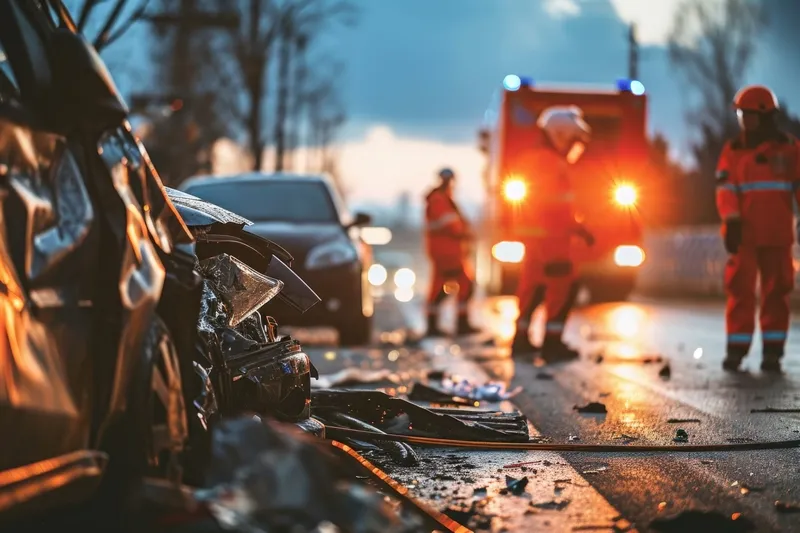India’s horrific death toll on its roads presents a major threat to the country’s fast economic development. Estimates from the Institute of Road Traffic Education (IRTE) suggest that some 130,000 people die on the roads/year, at an average of around 14 deaths/hour. Under-reporting of accidents is thought to be endemic and the figures available exclude the 1.6 million serious injuries that have been estimated by the IRTE. Close to 146 million traffic violations/day occur in the country according to the IRTE
April 19, 2012
Read time: 1 min
India’s horrific death toll on its roads presents a major threat to the country’s fast economic development. Estimates from the 5035 Institute of Road Traffic Education (IRTE) suggest that some 130,000 people die on the roads/year, at an average of around 14 deaths/hour. Under-reporting of accidents is thought to be endemic and the figures available exclude the 1.6 million serious injuries that have been estimated by the IRTE. Close to 146 million traffic violations/day occur in the country according to the IRTE’s estimates, though only 20,000 are booked by the police. A lack of enforcement and support from the state or central governments as well as the non-existence of a proper traffic management system has led to this current situation







